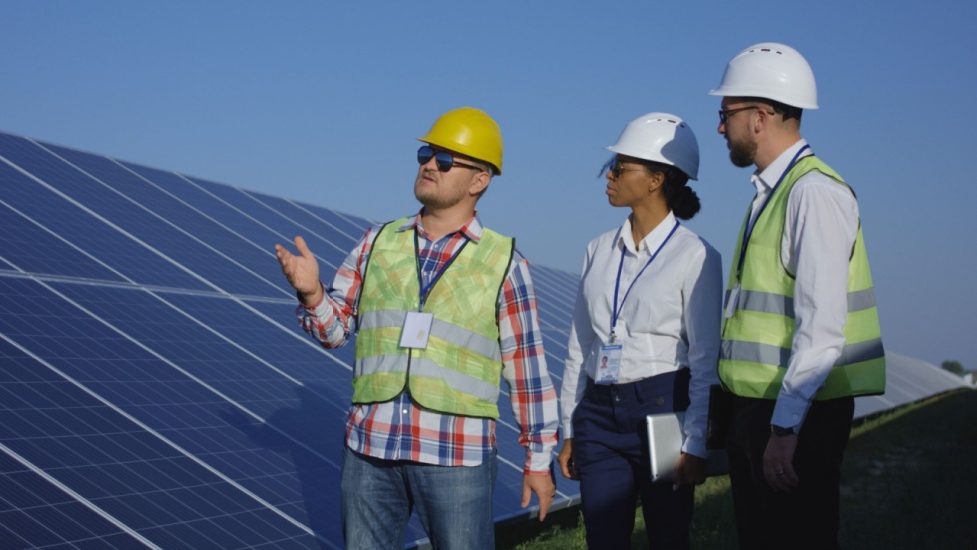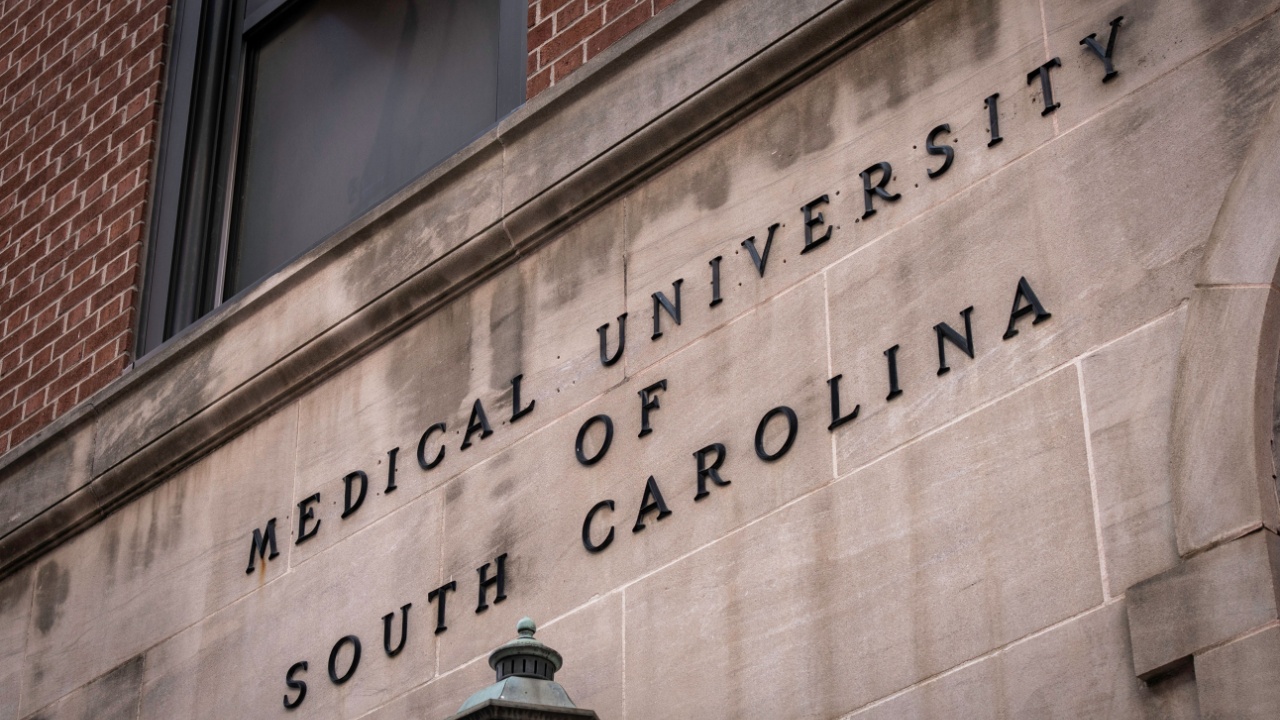Moving to a green economy isn’t solely about the causes of climate change but also creating fair access to good green jobs, according to Growing Quality Green Jobs – a new report from Jobs for the Future (JFF) in partnership with the Burning Glass Institute (BGI).
The analysis is part of CREST (Climate-Resilient Employees for a Sustainable Tomorrow) – a five-year initiative with support from the Ares Charitable Foundation that “aims to close the gap between the demand for a skilled workforce for green jobs and the number of people prepared for these opportunities.”
Green Skills Integration
Analysis of 200 million online job listings – demonstrates that the integration of current green skills into various occupations indicates there are more green jobs than previously thought. The analysis separates the levels of green skills integration into three categories – additive, blended, and job-changing.
The report explains:
- Jobs at the additive level gain a small subset of new green skills within a broader set of responsibilities but maintain traditional overall roles and functions.
- Jobs at the blended level adopt broader sets of new green functions within existing roles and thus start to evolve.
- At the job-changing level, roles undergo a significant shift in skill sets; roles and functions are completely changed due to their full integration of green skills.
A framework called the Green Transformation Cycle was designed by applying product lifecycle theory concepts to the green economic transformation. Categories of green skills adoption include seed, scale, established, and at risk.
- Seed – Jobs and associated skills that are in early economic adoption.
- Scale – Jobs and associated skills that are showing early and significant enough economic growth to indicate signs of scaling.
- Established – Jobs that have established green and associated skills that are commonly seen in our workforce.
- At Risk – Jobs and associated skills that are showing inverse trends for green job adoption.
The report uses the Green Transformation Cycle to better inform workforce training programs, employer talent pipelines, and emerging legislation to support the just transition to a green economy.
‘A truly just transition will not happen on its own’
All stakeholders including those in workforce development, education, training programs, and policymaking “must prioritize economic activity that is interconnected with long-term environmental and social impacts,” recommends the report.
“This will require removing the limitations around how we define and categorize green jobs and the transferable skills needed to build a climate-resilient future and workforce.”
It states, “A truly just transition will not happen on its own.”
The report continues, “Prioritizing job access and equity across communities will, in parallel, move us toward closing the racial and gender equity gaps that plague much of the current green movement.”
“More workers will need skills to navigate the growing green economy, including individuals from low-income households, people of color, women of all backgrounds, and members of other populations that are underrepresented in fields that offer opportunities for economic advancement.”
Read more about Growing Quality Green Jobs: Driving Economic Advancement in the Green Economy here.










